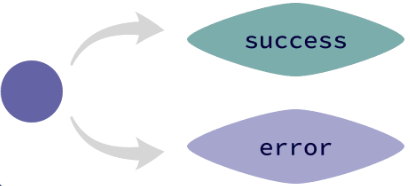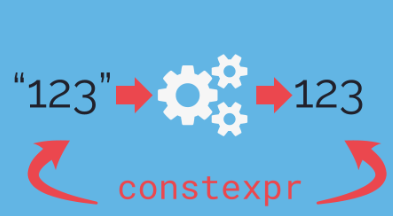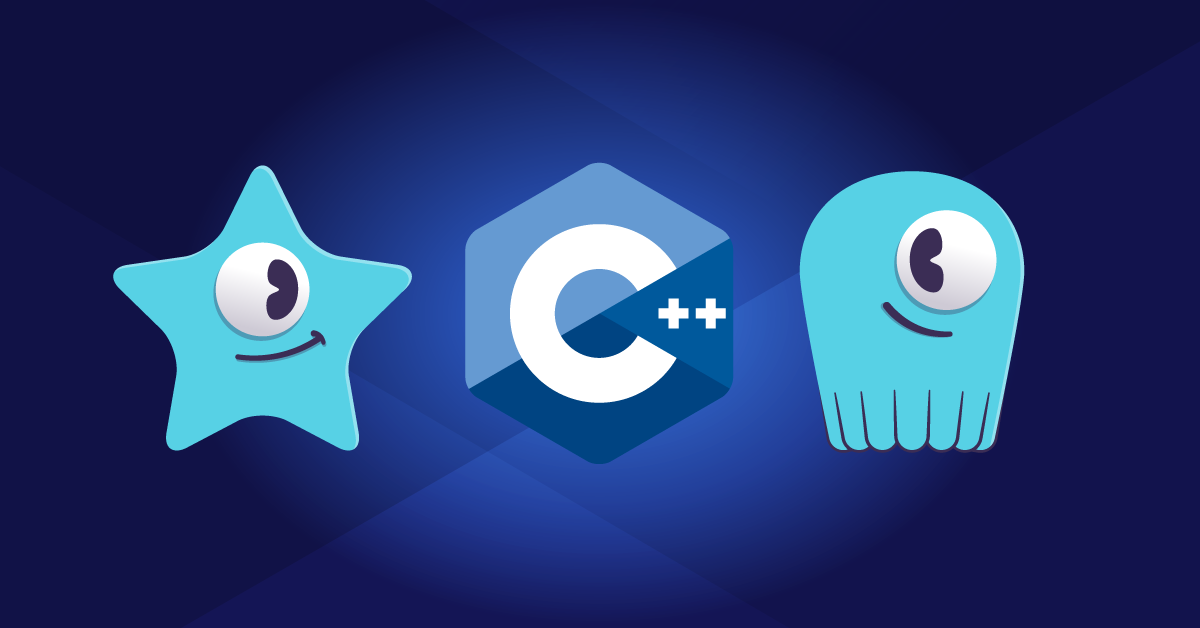Using std::expected from C++23 -- Bartlomiej Filipek
 In this article, we’ll go through a new vocabulary type introduced in C++23.
In this article, we’ll go through a new vocabulary type introduced in C++23. std::expected is a type specifically designed to return results from a function, along with the extra error information.
Using std::expected from C++23
by Bartlomiej Filipek
From the article:
Imagine you’re expecting a certain result from a function, but oops… things don’t always go as planned:
/*RESULT*/ findRecord(Database& db, int recordId) { if (!db.connected()) return /*??*/ auto record = db.query(recordId); if (record.valid) { return record; return /*??*/ }What can you do? What should you return or output through/*RESULT*/?

 A new episode of the series about SObjectizer and message passing:
A new episode of the series about SObjectizer and message passing: While C++ is getting increasingly expressive with each new standard, we must not forget its origins. It is inherently a low-level language which operates close to the hardware level and allows operations that languages such as Javascript cannot even express.
While C++ is getting increasingly expressive with each new standard, we must not forget its origins. It is inherently a low-level language which operates close to the hardware level and allows operations that languages such as Javascript cannot even express. A new episode of the series about SObjectizer and message passing:
A new episode of the series about SObjectizer and message passing: Thanks to the powerful
Thanks to the powerful  This article explores the concept of class invariants in C++ and their significance in maintaining code integrity and abstraction. It highlights the difference between struct and class definitions and discusses the role of class invariants in guaranteeing the correctness of class objects. The article also touches upon the trade-offs between strong and weak invariants and provides insights into when to define a new class with proper invariants.
This article explores the concept of class invariants in C++ and their significance in maintaining code integrity and abstraction. It highlights the difference between struct and class definitions and discusses the role of class invariants in guaranteeing the correctness of class objects. The article also touches upon the trade-offs between strong and weak invariants and provides insights into when to define a new class with proper invariants. A new episode of the series about SObjectizer and message passing:
A new episode of the series about SObjectizer and message passing: In this post, Victor talks about bringing compile times of the {fmt} library on par with the C standard I/O library (stdio).
In this post, Victor talks about bringing compile times of the {fmt} library on par with the C standard I/O library (stdio). Seastar announces that now that C++23 is available, they will support C++23 and C++20 (dropping support for C++17) in accordance with their support policy
Seastar announces that now that C++23 is available, they will support C++23 and C++20 (dropping support for C++17) in accordance with their support policy